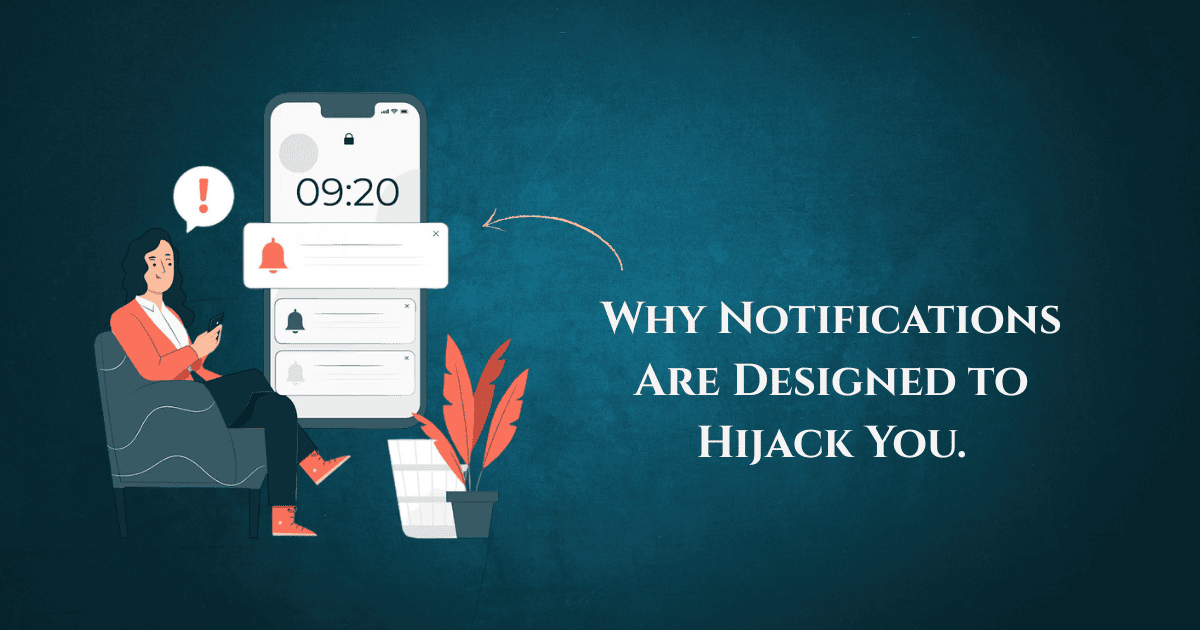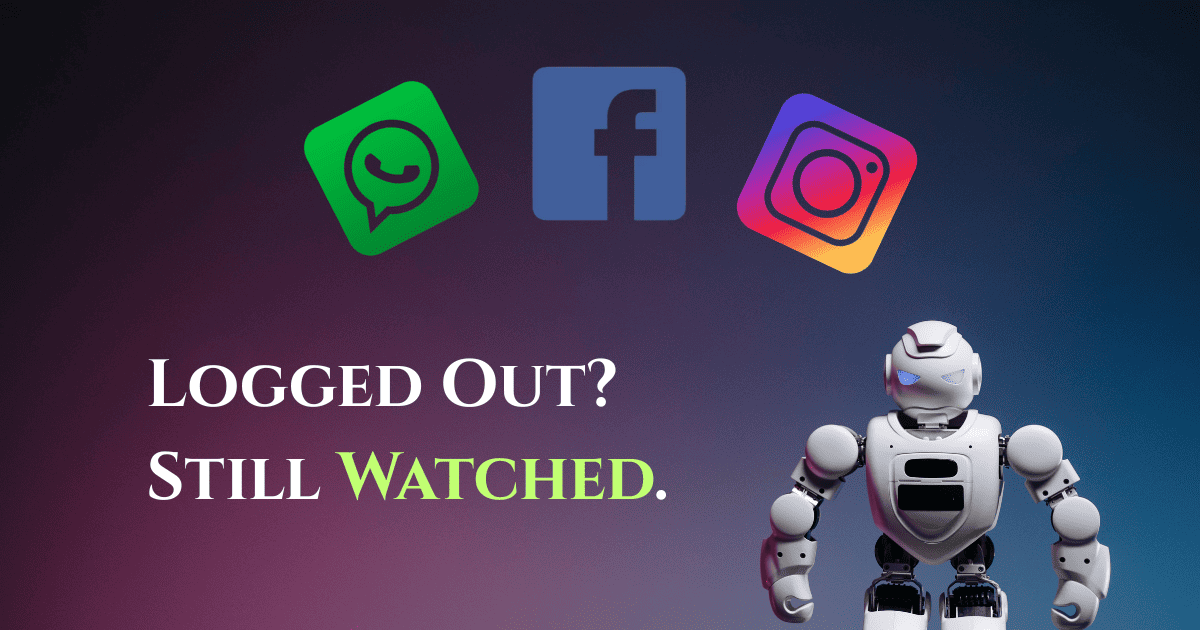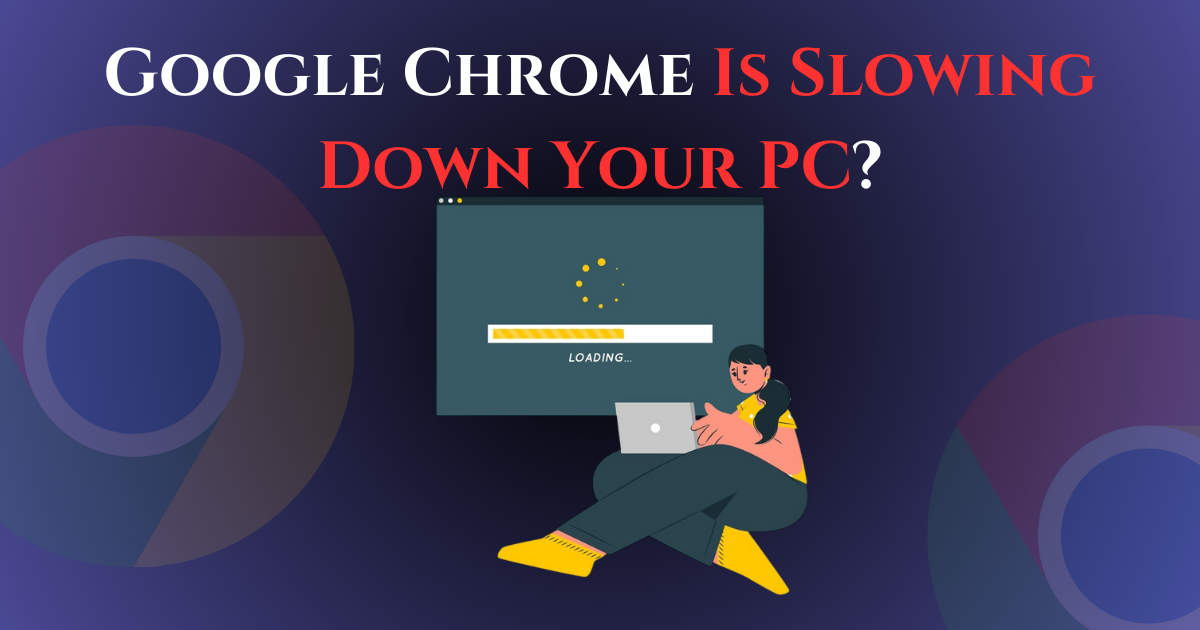Notifications aren’t just alerts — they’re attention traps. Discover how apps exploit your psychology to keep you hooked.
Introduction: Ping! You’re Being Controlled
Every ding, buzz, or banner on your phone is not a random feature — it’s a calculated move. A billion-dollar industry isn’t just selling apps, it’s selling your attention. And they’ve weaponized notifications to do it.
You think you’re in control?
Think again.
You’re not checking your phone — your phone is checking you.
1. Notifications = Dopamine Hits
Each alert is designed like a slot machine pull — unpredictable, exciting, addictive. That tiny red bubble? It’s a dopamine drip engineered to trigger curiosity, urgency, or even FOMO (fear of missing out).
Your brain sees:
🔴 = Maybe something important.
📬 = Maybe someone cares.
📲 = Maybe I matter.
In reality? Just another random like or algorithmic nudge.
2. They’re Not Informing You, They’re Hooking You
Tech companies use behavioral psychology to schedule notifications at moments when you’re most vulnerable — bored, tired, alone, or in a scroll loop.
Apps like Instagram or TikTok don’t send likes one-by-one. They bundle them into a single notification to hit harder, keep you coming back for more — like a casino jackpot.
3. Designed for You to React, Not Think
Ever notice how notifications are color-coded, vibrate differently, or show previews?
That’s by design. They’re engineered for:
- Instant response, not intentional choice
- Microstress, not peace
- Habit loops, not freedom
You don’t interact anymore. You react.
4. Silence Is a Threat—to Their Business Model
Every second you’re not looking at the app is revenue lost.
That’s why most platforms default to notifications on — and not just for messages. For birthdays, posts, comments, replies, reminders, streaks, reactions…
Even apps you haven’t opened in weeks will suddenly pop up with:
“You haven’t logged in for a while. Here’s what you missed.”
Translation:
“Come back. We miss your data.”
5. The Cost? Your Focus, Sanity & Sleep
From stolen sleep to scattered focus, we’re in a notification pandemic.
Studies show people check their phones 96 times a day on average — and notifications are to blame.
You’re not just distracted.
You’re being systematically rewired to crave the noise, fear the silence, and lose control of your time.
Conclusion: Turn Off to Take Back Control
If attention is currency, then notifications are theft in plain sight.
It’s time to rethink how we engage with our devices. Not every ping deserves your presence. Not every buzz needs a glance.
Start here:
- Disable non-essential notifications
- Use Focus or Do Not Disturb modes
- Schedule social media check-ins
- Reclaim your attention economy
Remember:
Silence isn’t empty — it’s power.
And power is exactly what these platforms are afraid of you getting back.










